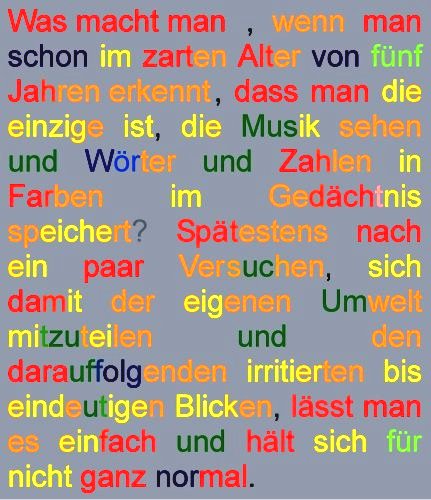

Vortrag wird in englischer Sprache gehalten.
Ideasthesia can be defined as a phenomenon in which an activation of a concept is associated with phenomenal experience (or qualia). I will review first the experiments on synesthesia, which produced surprising results and lead to the need to introduce the concept of ideasthesia. Next, I will describe how, again surprisingly, research indicated that the concept of ideasthesia should be extended to every day perception and cognition. Finally, I will argue, and provide supporting evidence, that all of our experiences are by their very nature ideasthetic.
About the lecturer:
Prof. Dr. Danko Nikolić received a degree in Psychology (1994) and a degree in Civil Engineering (1992) from the University of Zagreb, Croatia. His masters degree (1997) and a Ph.D. (1999) he received from the Department of Psychology, at the University of Oklahoma, USA. In 2010 he received a Private Docent title from the University of Zagreb, and in 2014 an Associate Professor title from the same university. The main motive for his studies is the explanatory gap between the brain and the mind. His interest is in how the physical world of neuronal activity produces the mental world of perception and cognition. He is associated with the Max-Planck Institute for Brain Research, Ernst Strüngmann Institute, Frankfurt Institute for Advanced Studies, and the University of Zagreb. He approaches the problem of the explanatory gap from both sides, bottom-up and top-down. The bottom-up approach investigates brain physiology. The top-down approach investigates the behavior and experiences. Each of the two approaches led him to develop a theory: The work on physiology resulted in the theory of practopoiesis. The work on behavior and experiences led to the phenomenon of ideasthesia, which he will talk about in this presentation.